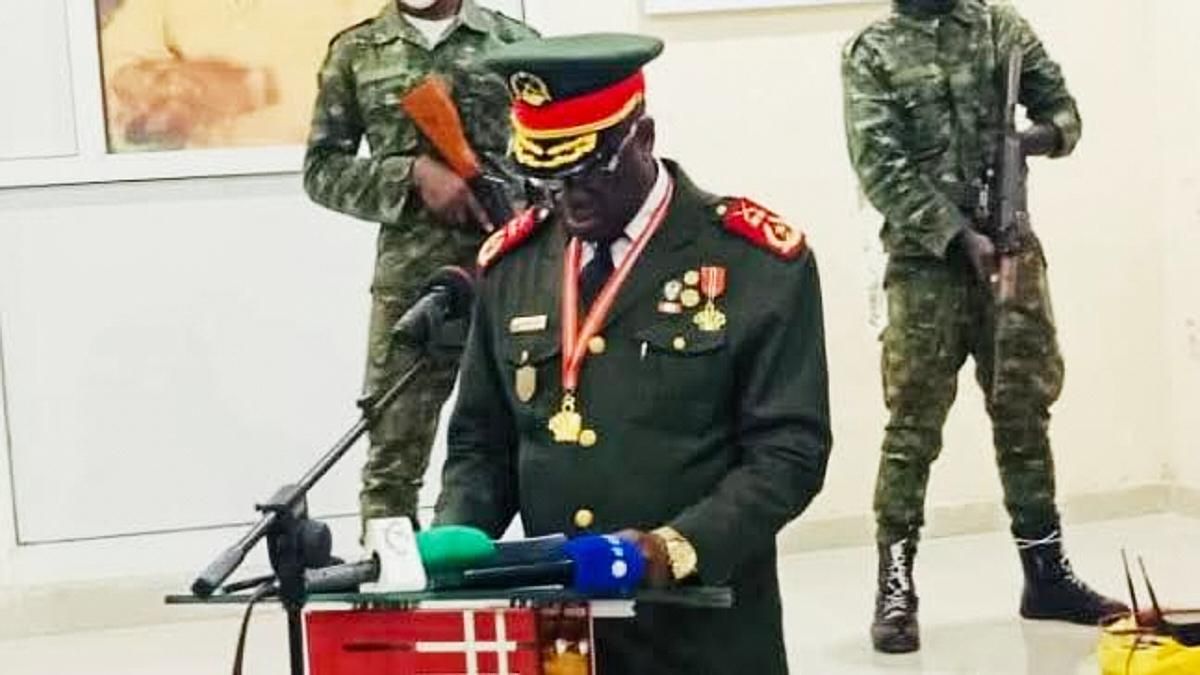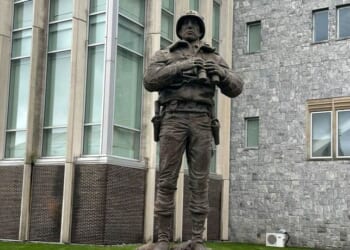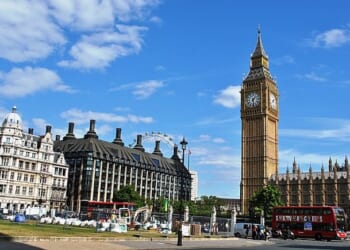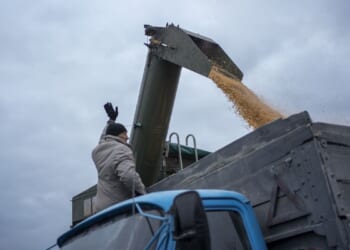
BISSAU, Guinea-Bissau — Soldiers in Guinea-Bissau on Friday appointed a close ally of the deposed president as prime minister, after seizing power following disputed national elections earlier this week.
The country’s new military leader, Gen. Horta Inta-a, announced the appointment of finance minister Ilídio Vieira Té as prime minister in a decree.
Vieira Té is a close ally of the deposed President Umaro Sissoco Embaló, having served as his party’s campaign director during the legislative election on Sunday.
Soldiers seized power on Wednesday, three days after the closely contested presidential election.
The opposition claimed that Embaló had “fabricated” the coup to avoid an election defeat in Sunday’s vote. The military takeover and the reported arrest of Embaló were manufactured to disrupt election results, according to his rival Fernando Dias, who, like Embaló, claimed to have won the vote.
Guinea-Bissau, one of the world’s poorest countries, has been dogged by coups and attempted coups since its independence from Portugal more than 50 years ago, including a coup attempt in October. The country of 2.2 million people is known as a hub for drug trafficking between Latin America and Europe, a trend that experts say has fueled its political crises.
The High Military Command on Friday lifted the curfew it imposed during its military takeover and authorized the movement of people and public transportation across all neighborhoods of the capital, Bissau.
Calm has returned to the capital, with people and vehicles circulating through the city’s streets after army checkpoints were lifted. The main stock exchange and markets in outlying districts, as well as commercial banks, have also reopened.
Embaló, meanwhile, arrived in neighboring Senegal on Thursday with a flight chartered by the Senegalese government, which has been “in direct communication with all concerned Guinea-Bissau actors,” Senegal’s Ministry of Foreign Affairs said in a statement. The country promised to work with partners to restore democracy in Guinea-Bissau.
Senegalese Prime Minister Ousmane Sonko on Friday described the military takeover in Guinea-Bissau as a “scheme,” echoing claims that the coup was manufactured to disrupt election results. He called for the release of arrested opposition members.
“The democratic process must be carried through to the end and the results announced,” Sonko said during a parliamentary session.
Late Thursday, the West African regional bloc known as ECOWAS said it is suspending Guinea-Bissau from its decision-making bodies “until the restoration of full and effective constitutional order in the country.”
ECOWAS said it also “reserves the right to use all options” allowed under its rules, “including sanctions on all entities deemed culpable of disrupting the electoral and democratic process.”
The regional bloc said a mediation team, led by the body’s chair and including the presidents of Togo, Cabo Verde and Senegal, will travel to Bissau to “engage the leaders of the coup with a view to ensuring the full restoration of constitutional order.”
Widely seen as West Africa’s leading political and regional authority, the 15-nation ECOWAS was formed in 1975 to promote economic integration in member states. The bloc often collaborates with members’ governments to solve domestic challenges on various fronts from politics to economics and security.
It has struggled in recent years to reverse coups in the region where citizens have complained of not benefiting from rich natural resources.
Sanctions against junta-led Mali, Niger and Burkina Faso and threats of military intervention in Niger to reverse the coup eventually led to the three countries’ withdrawal from the bloc earlier this year.
Bakary Sambe, who heads the Senegal-based Timbuktu Institute for Peace Studies, said the situation in Guinea-Bissau is still unclear, and any immediate decision by ECOWAS regarding sanctions would seem rushed and counterproductive.
“We are in a state of total uncertainty, caught between an unfinished electoral process and a disruption of constitutional order caused by a coup, which has led to contradictory interpretations and various questions,” he said.
“The regional organization appears to have learned from the mistakes made in Niger and is trying as much as possible to temper its inclination to impose sanctions,” Sambe added.
—
Banchereau reported from Dakar, Senegal.











